MFA Batch Inverter: What Is It and Do You Really Need One?
In this article, we will define what an MFA batch inverter is, its limits, and its prerequisites to meet your goals.
-1.jpg)
If you find yourself here, then you’ve probably been scouring the internet looking to find a way to increase your automatic bottom box production, but you just don’t know how…
And then, you finally land on the MFA video on the Impack website.
You can’t help but scream out:
Eureka!
But, before you run to your wallet and hit “Talk to an Expert”, it’s important to know the MFA has its limitations, and one of its main limitations is the type of boxes it can run.
Hi, Maxime Jacques here, during my time at Impack Packaging I had the opportunity to work on many MFA projects as an Area Sales Manager.
And in this article, I will define the MFA’s limits and explore what kind of company it is best suited for.
🔍Related: If you want to learn everything about the MFA, read this overview on the MFA Batch Inverter.
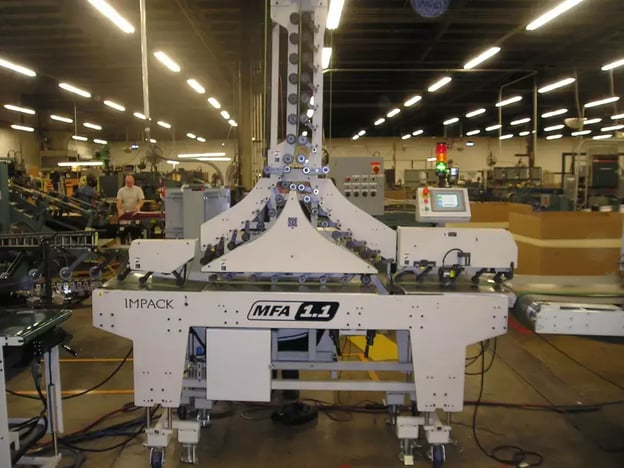
As long as the boxes meet the MFA box specifications the MFA should be able to perform the inversion without difficulty.
For example, McDonald's Happy Meal boxes are ideal for the MFA.
On the other hand, Burger King Junior boxes are not.
And that’s because Burger King's box has a large number of interlocking points that do not allow for a clean count-separation process without damaging the box.
Whereas with McDonald's Happy Meal box, there are almost no interlocking points.
That being said, the MFA is rarely the limiter, more often than not it is at the packer where most of the problems can occur.
While rectangular-shaped crash-lock bottom boxes are generally not a problem, the widely used "L" shaped boxes as seen below need to be thoroughly analyzed.
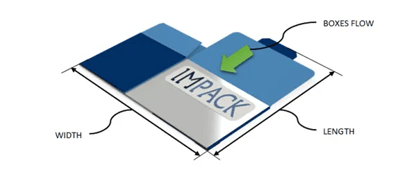
If you are producing "L" shaped automatic bottom boxes, (demonstrated below), you need to ask yourself the following question:
Does the "L" shape constitute more or less 50% of the box width?
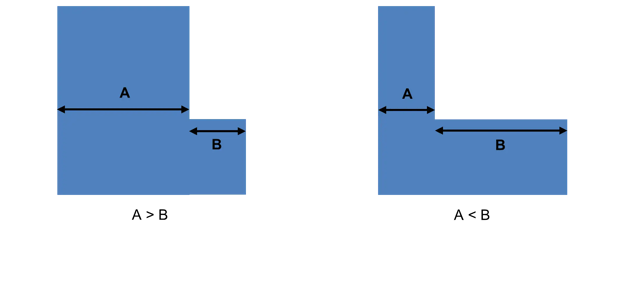
If A > B
If your A section is larger than your B section, then it should not be an issue.
If A < B
If your A section is smaller than your B section, then there are more chances of a problem in the packaging of your box.
Nevertheless, let’s explore what kind of company the MFA is best suited for.
As we mentioned in our article on the MFA Batch Inverter, the MFA is an automatic system.
But, like any automatic system, there are certain conditions you need to meet to make sure the investment will be profitable.
Firstly, it is necessary to have good control of the production machine upstream of the MFA.
In simpler words, your folder-gluer line from the feeder to the outfeed needs to be mastered.
Indeed, if you have too much waste or variations at the exit of your folder-gluer, your automatic systems will not run smoothly.
Secondly, you need to consider that your operator usually runs your folder-gluer at 20,000 or 25,000 boxes per hour to run crash-lock bottom boxes.
With an MFA, your operator will have to increase the speed to 35,000, 40,000, or even 50,000 boxes per hour.
This makes the run of your folder-gluer more complex, precise, and therefore more time-consuming for your operator.
More importantly, it will take time for your operator to master these high-speed settings.
Thirdly, you need to consider the quantities of boxes you produce per run and per year.
Without consideration for the transportation of the machine, commissioning, and training of your staff, today in April 2023, a packing line with a packer and an MFA will usually cost between $300,000 and $400,000 CAD, with the MFA itself being $250.900 CAD.
The MFA alone would represent between 1/2 and 2/3 of the price.
Therefore, you want to make sure you’re running your MFA to its full capacity for most of your production time so that you don’t underutilize your machine.
To get more precise, if you want to purchase an MFA you usually want average runs of 100,000 boxes or more.
Perhaps integrating the information into an example will make the explanation clearer.
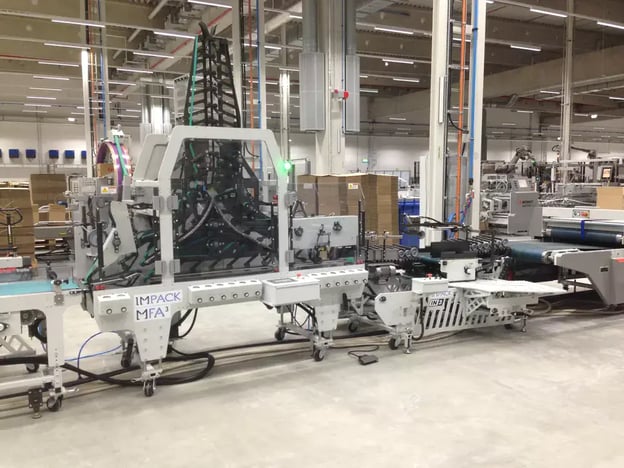
You have a crash-lock bottom box project for 40,000 boxes.
If we did the packing process manually, you would have 1 operator who does the packing at 20.000 boxes/hour.
In total, it would take them approximately 2 hours to complete the production.
If we did the packing process with the Ergosa C and the MFA, you would have 1 operator who packs at let’s say 30,000 boxes/hour.
However, you need to consider that setting up the folder-gluer with the MFA would require an additional 40 minutes then when setting up with a manual packing line; 20,000 boxes/hour.
So, when you start your production, the manual packing line will already have produced more than 13.000 boxes that you would have to catch up to.
In total, it would take the operator 2 hours to complete the production, which is the same time it took with the manual packing process, showing that there were no gains in this investment running so few boxes.
Let's change the same example, and increase the run to 100,000 boxes.
If we did the packing process manually, you will have 1 operator who packs at 20.000 cases/hour. It will take them 5 hours to complete the production.
If we did the packing process with the Ergosa C and the MFA at 30,000 boxes/hour, but with 40 additional minutes due to the setup.
It will therefore take them 3 hours and 20 minutes to run the boxes + 40 additional minutes for the setup, resulting for a total of 4 hours.
In this example, we see that the semi-automatic packing process with an MFA saved 1 hour in total than with the manual packing process. This is why we usually recommend runs of 100,000 or more if you purchase an MFA.
Additionally, the annual benchmark of auto bottom boxes you should produce to have a positive return on your investment is around 40-50,000,000.
Below 50,000,000 boxes/year, it remains possible to obtain an interesting return on investment if and only if the gains brought by the MFA free up enough additional production time for new production runs that you now have the time and capacity for.
The MFA may be the perfect solution to increase your folder-gluer productivity, but considering the type of boxes you run and how many you plan to produce per year, there may be other solutions to your productivity problems.
The MFA is a right fit for your company if:
The MFA is not a right fit for your company if:
We have all the answers you need however If you want to take the time and learn more about other solutions to increase your folder-gluer productivity, read the following articles:
Semi-Automatic Vs. fully-Automatic Packers: Which Is Better?
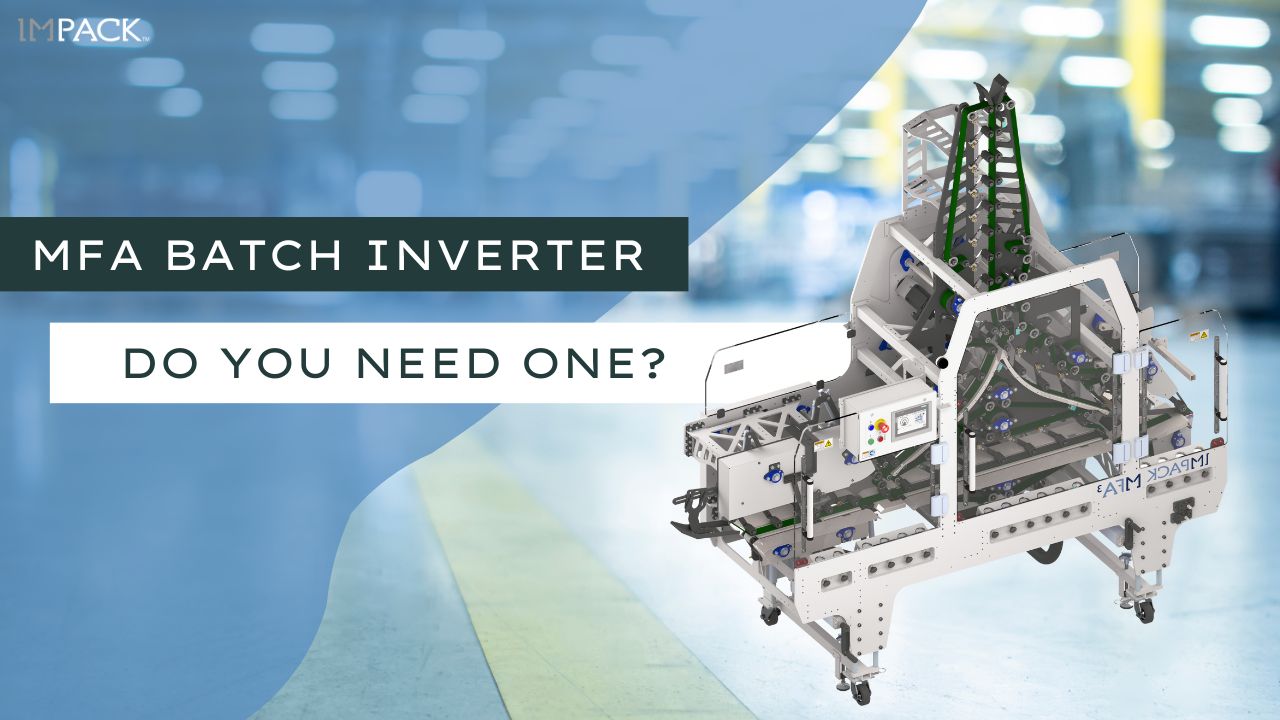
In this article, we will define what an MFA batch inverter is, its limits, and its prerequisites to meet your goals.
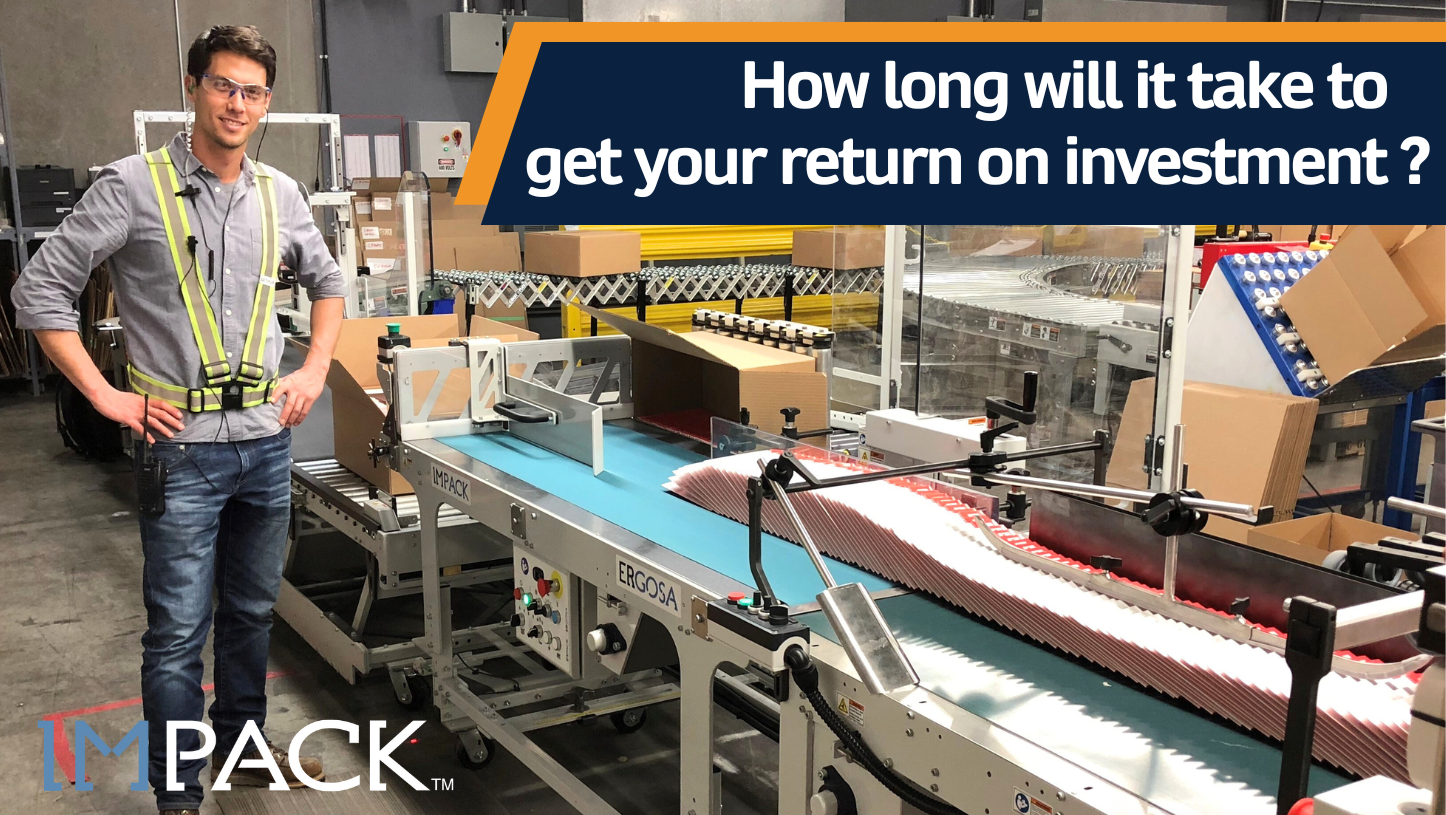
This article will show you the most effective way to calculate how long it will take to get your return from investing in packaging equipment.
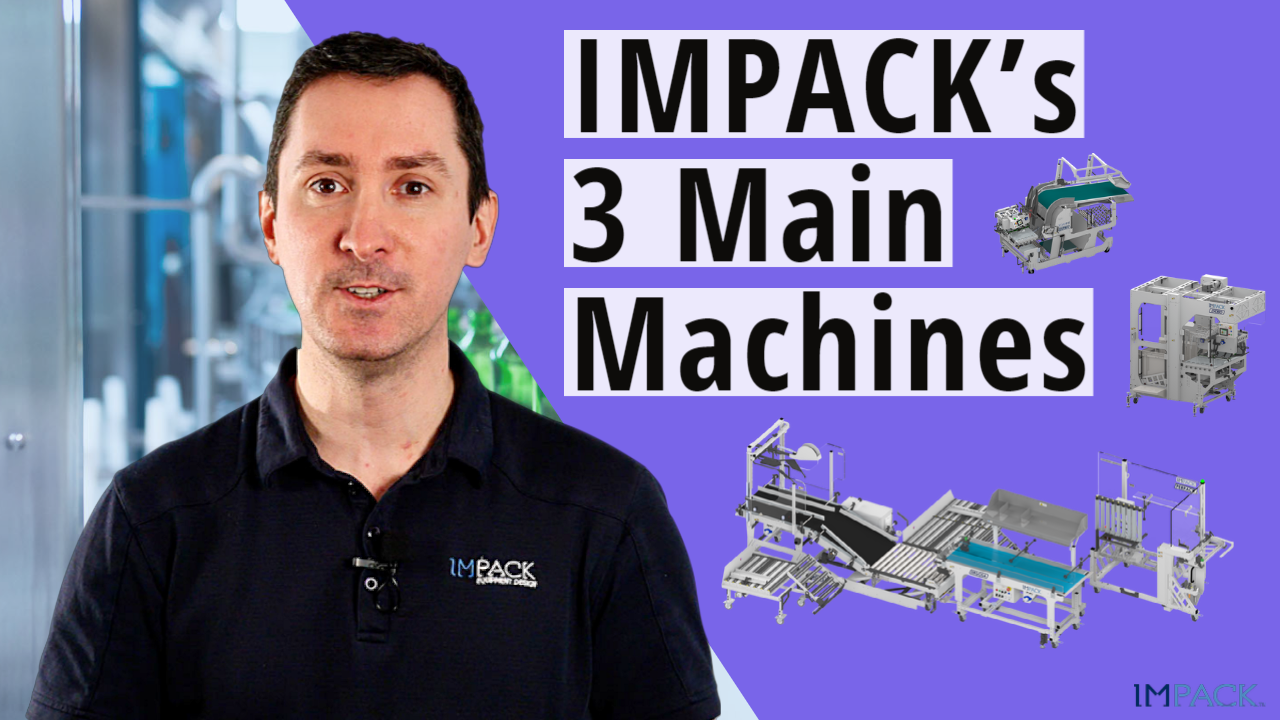
Automated folder-gluer peripherals help finishing lines reach maximum capacity.